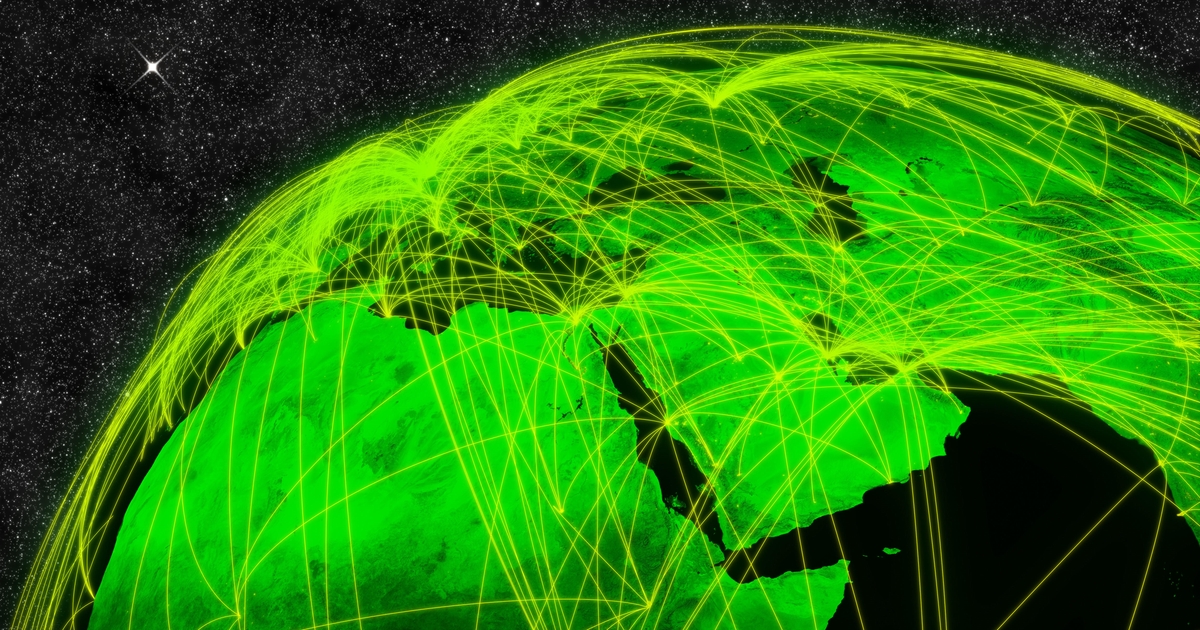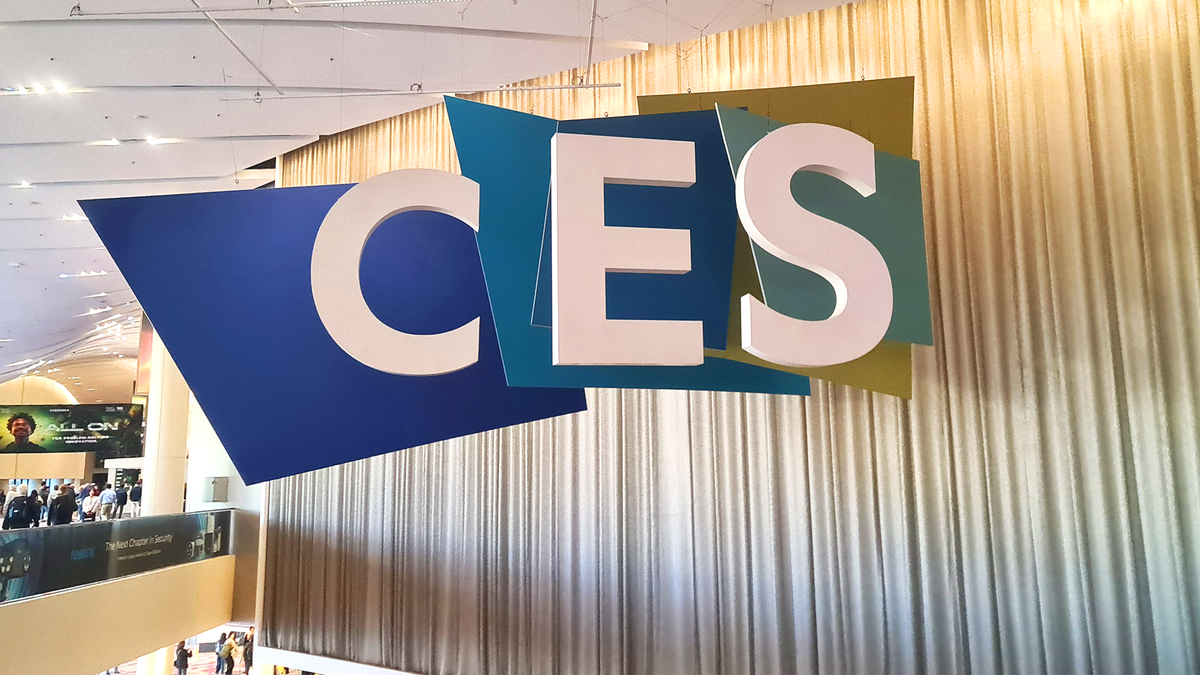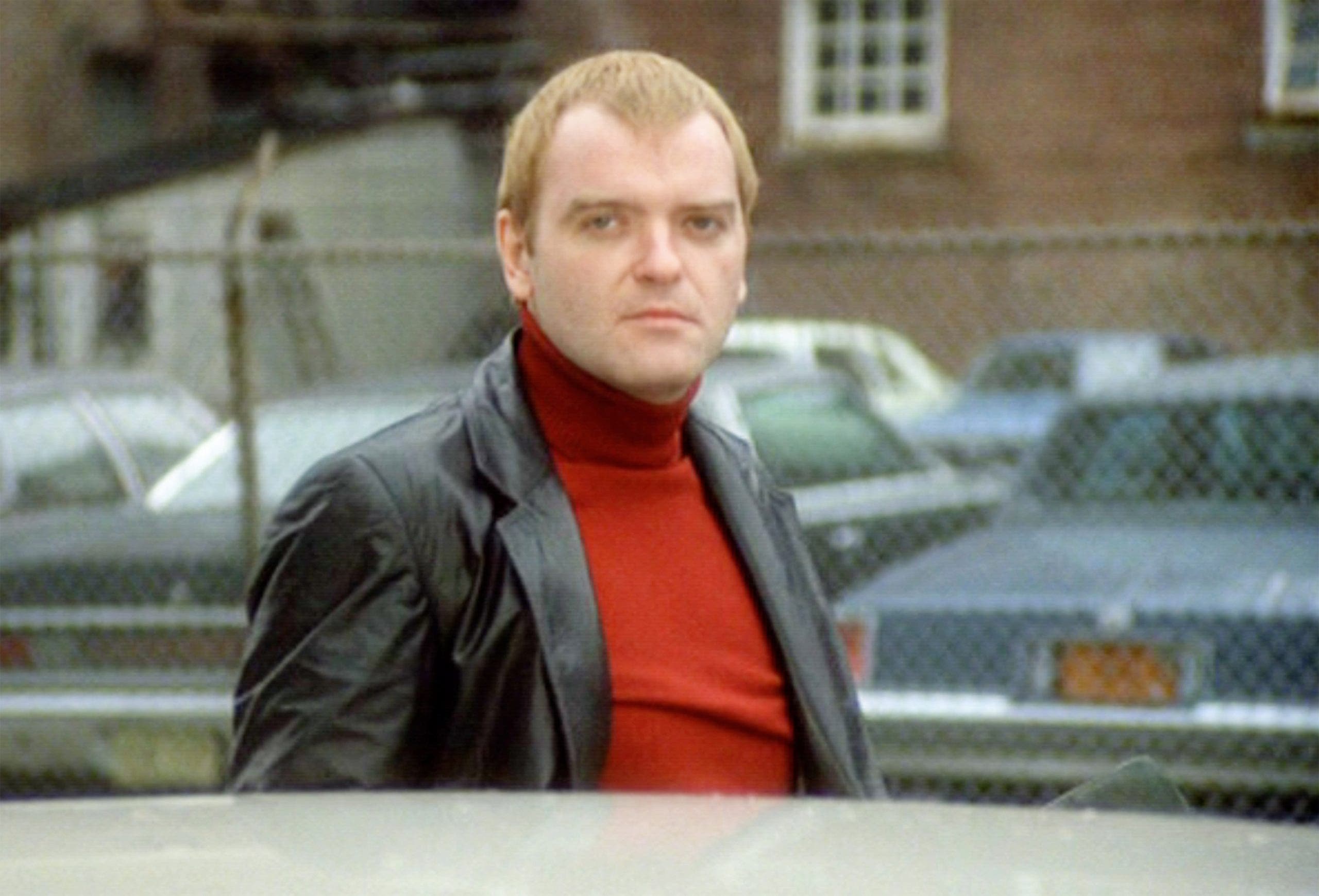Sports
Sports brands have to keep creating fans (not just viewers)

It’s set to be a summer of sport. For our sport & fitness focus week, Rob O’Siochain of agency TRO argues that organizers and brands alike must be careful to bring fans along.
Katherine Grainger, Olympic champion and current chair of UK Sport, said recently that she believes “live sport is a fundamental part of this country’s social fabric”. This is a sentiment with which I wholeheartedly agree.
During my 20 years working in the sports industry, I’ve come to realize that mega sporting events like the upcoming 2024 Olympic Games and the Euros, have the power to capture the public imagination.
Events in general can often transcend their specific disciplines, bleeding into the broader conscience and culture of a nation. Mega sporting events are no different. But they do have a unique beauty. They serve up the most accomplished of actors performing on the biggest stage: an unpredictable spectacle fraught with emotional highs and lows; heroes, and villains. A platform like no other.
Powered by AI
Explore frequently asked questions
Sports need an audience
Arguably the most important constituents in all of this are the fans. And fans increasingly find themselves plowing a lonely furrow on the sidelines. Alienated from today’s sports stars, priced out, bundled into (and then out of) media subscription purgatory, and arguably fatigued by too many fixtures, lacking real jeopardy.
There is also the challenge that, as noted by Emory professor Michael Lewis in his report on the topic: “part of the lack of gen Z fandom is due to younger individuals having less intense feelings of group belonging in general”.
My concern is that we have become a generation of passive viewers: more occupied with short-term entertainment and meme culture than investing in the benefits of worthwhile recreation.
The mixing of social media and sports has forever changed the way audiences engage with their favorite passions and athletes, while digital fan participation now allows audiences to have real-time interaction, and share opinions, with their friends and broader community. However, gen Z continues to be the ‘loneliest generation‘. As journalist and author Rikki Schlott puts it: “We have been conned into thinking we are connected when in reality we are the most distant generation there is.”
As a sports marketer with experience working with rights holders and brands, there is not a huge amount of time for sentimentality in my job: this is a serious business. But I can see how a dash of nostalgia and a bigger serving of “the fan back into the experience” would be a good ingredient to add back into the recipe. The shared experience of watching a game with other fans is a great way not to feel so alone. Another is to stop flicking across social platforms and embrace the experience.
Despite the challenges, romantic optimism remains the perennial lifeblood of fans. With the Paris Olympics around the corner, we can embrace future generations who aren’t just coming up with new sports, but appropriating traditional sports in their own way. Among the 32 sports due to be on show in the French capital, ‘breaking’ (more familiar to most of us as ‘breakdancing’) will make its debut; proof that the definition of sport is both broad and ever-evolving.
Bringing fans back into the game
By putting participation at the heart of an experience, we can re-invest in the feeling and the doing. This can help create stronger emotional connections, arguably leading to better return on experience (ROE) over time. I recently stumbled across a Cricket Sixes set-up in Brighton: a great facility, proving you can create an engaging, entry-level experience within a small footprint and practically anywhere. These fairground-inspired activities are as old as my ’90s AC Milan jersey, but today we have the major benefit of technology to further enable and amplify people having a go.
With a revitalized passion for analog games twinned with rising demand for nostalgia-led entertainment, there is arguably no better vehicle than sport to bring generations together. Experiences in and around mega sporting events should create a sense of fun, particularly for audiences less familiar with the rules. Simplicity becomes paramount.
Gold-medal examples
These mega-events can resonate far and wide, so it is critical to appreciate the broader narratives in which they sit. Think creator economy, offline to online experiences, gamification, and personalization. Combining the magic of sport and competition with relevant cultural contexts creates opportunities to present activations more interestingly.
Finally, think about purpose: why you are looking to engage through sport in the first place. What is your role, could this be authentically purpose-driven to create a positive impact for the sporting community? Having equity in the participation will immediately make it more valuable to the fan, as well as your business.
Let’s take British bank Barclays as a shining example. It’s a lead partner of the FA Girls’ Football School Partnerships, an initiative to help girls at schools across England gain access to football. By supporting the initiative, Barclays has committed to giving girls in England equal access to football in schools by 2024 – a strong example of a purposeful partnership and brand participation.
Mega sporting events are positioned as visionary and inspirational with legacy roads paved with Olympic gold. But too often, the key constituents are left feeding off scraps. Of course, 2024’s sporting feast might feel like a good time to strike, but rather than sticking a few chairs on the end of the row, let’s put out more tables and invite the fans in.
As the glut of sport plays out through the summer, I am hopeful that with a little bit more participation, our streets will be filled with the joyous calls of fans attempting to recreate their own sporting immortality.
For more play-by-play on sports marketing in 2024, check out our focus week hub.









